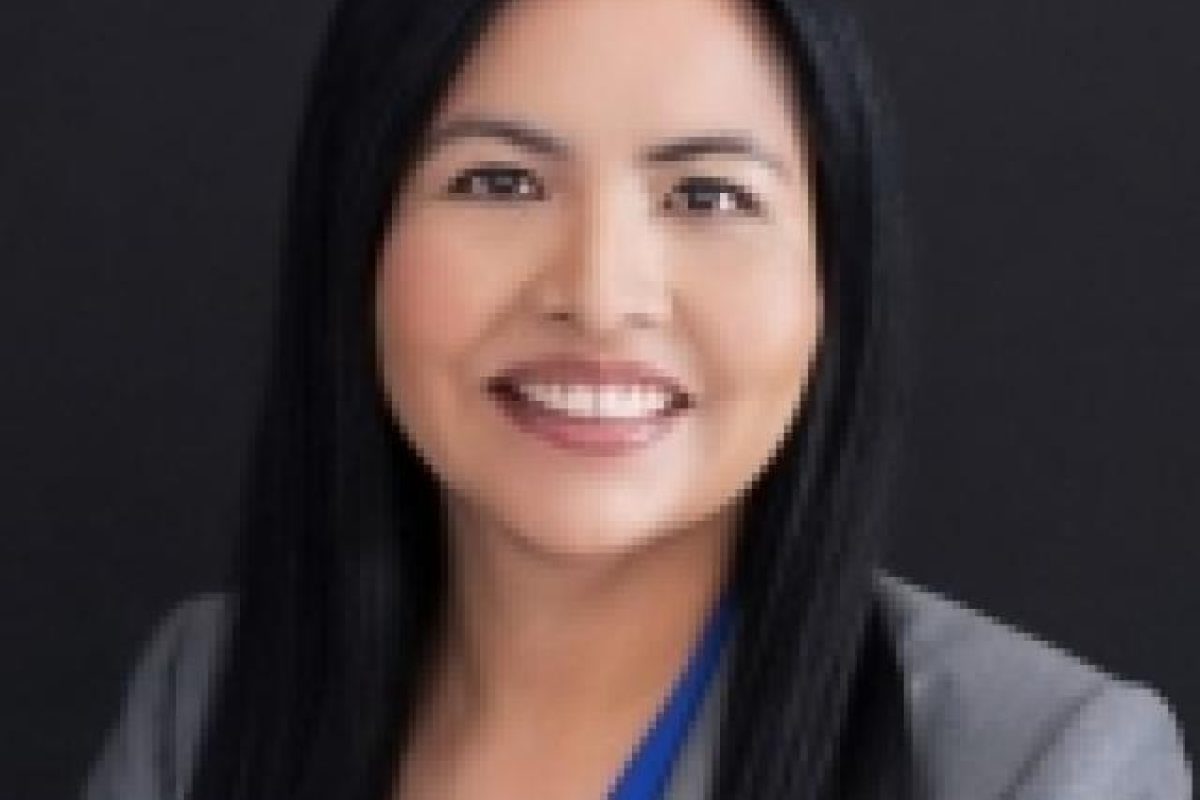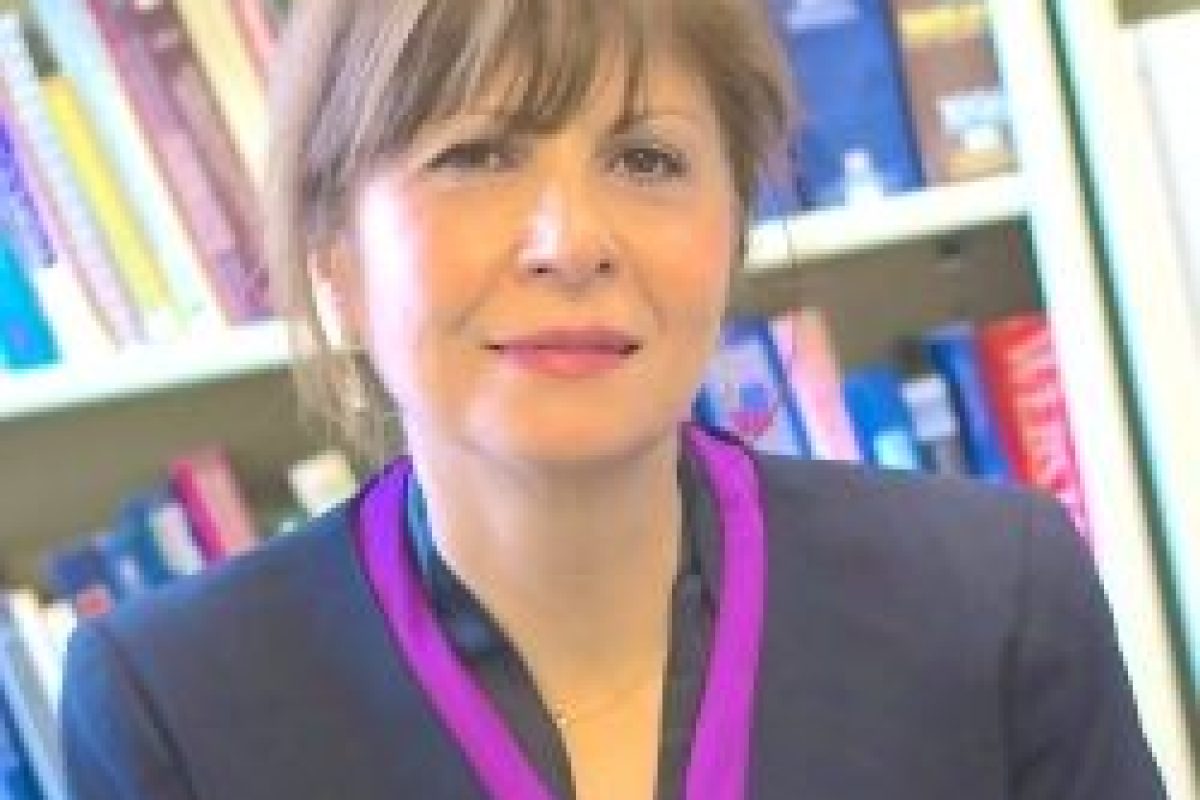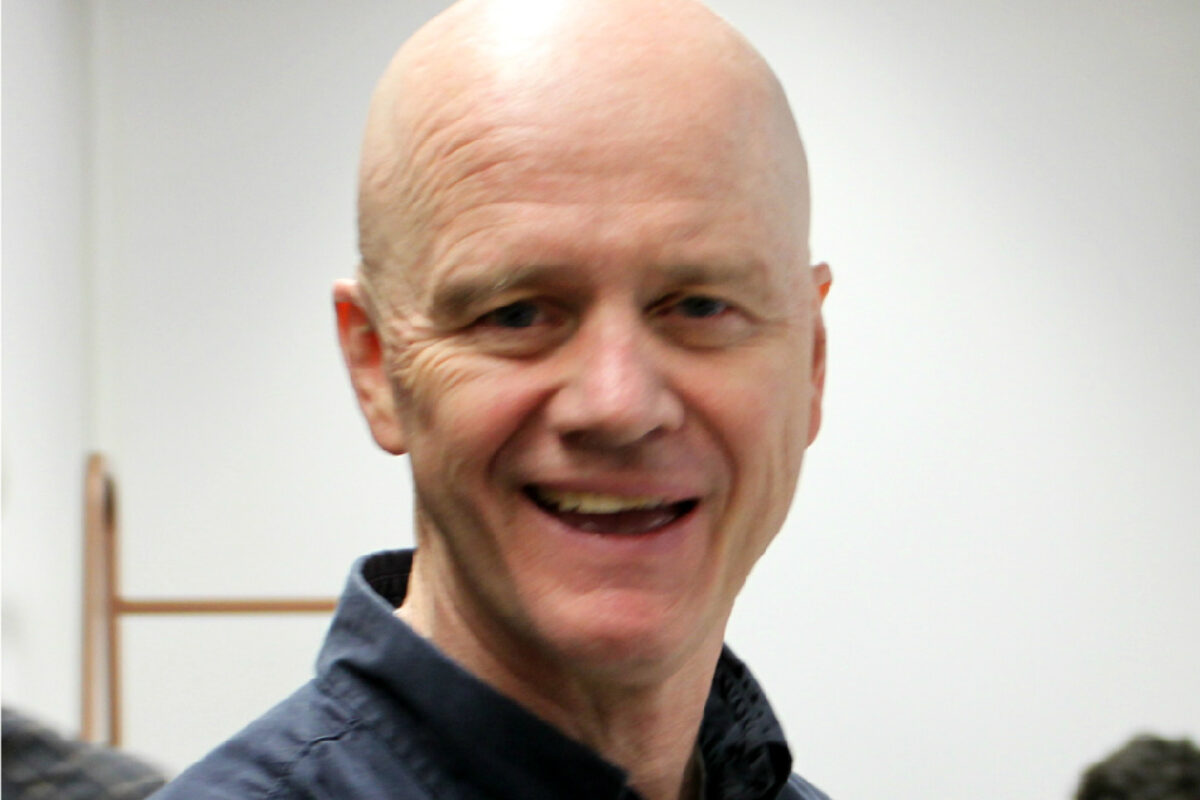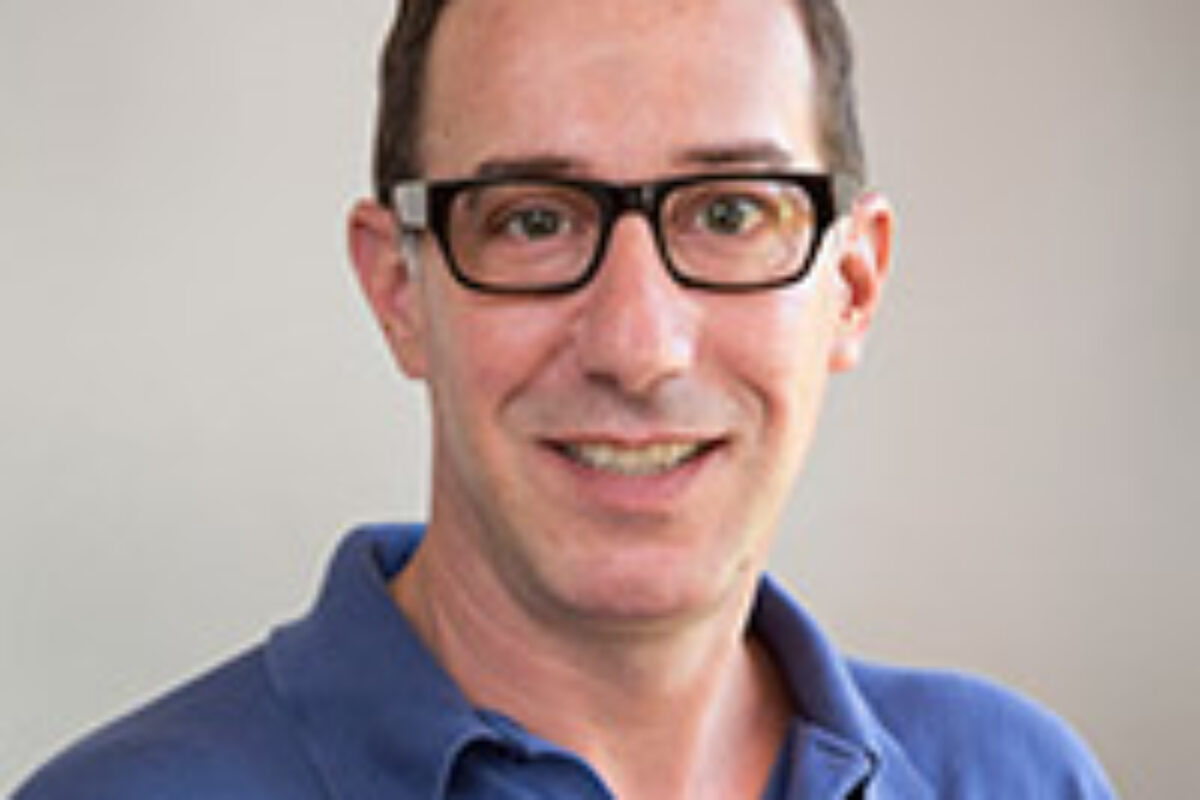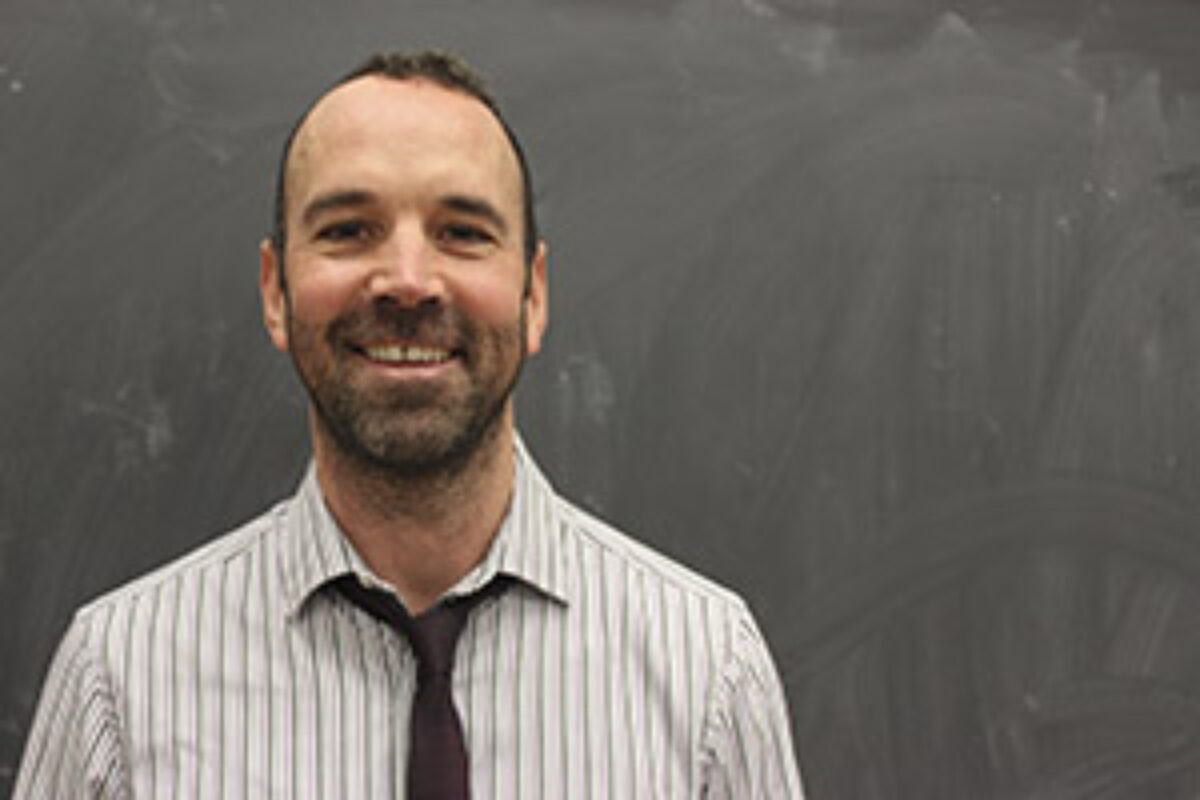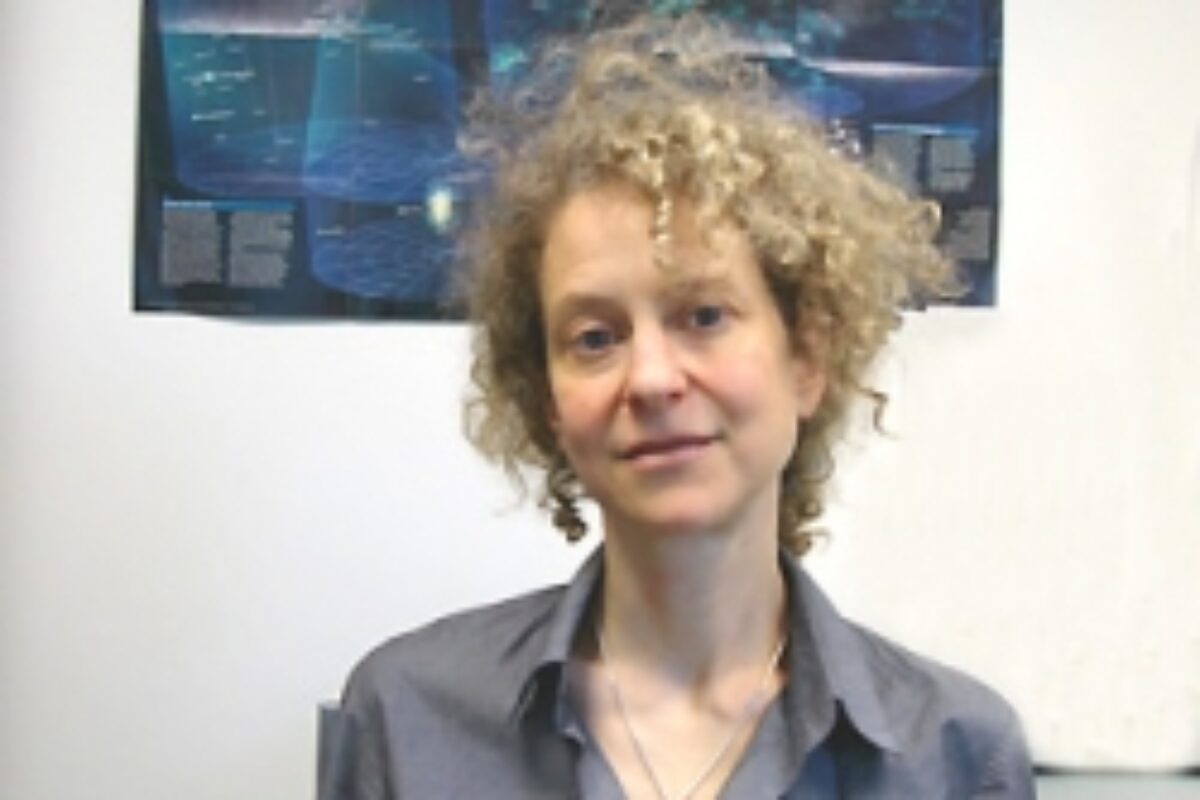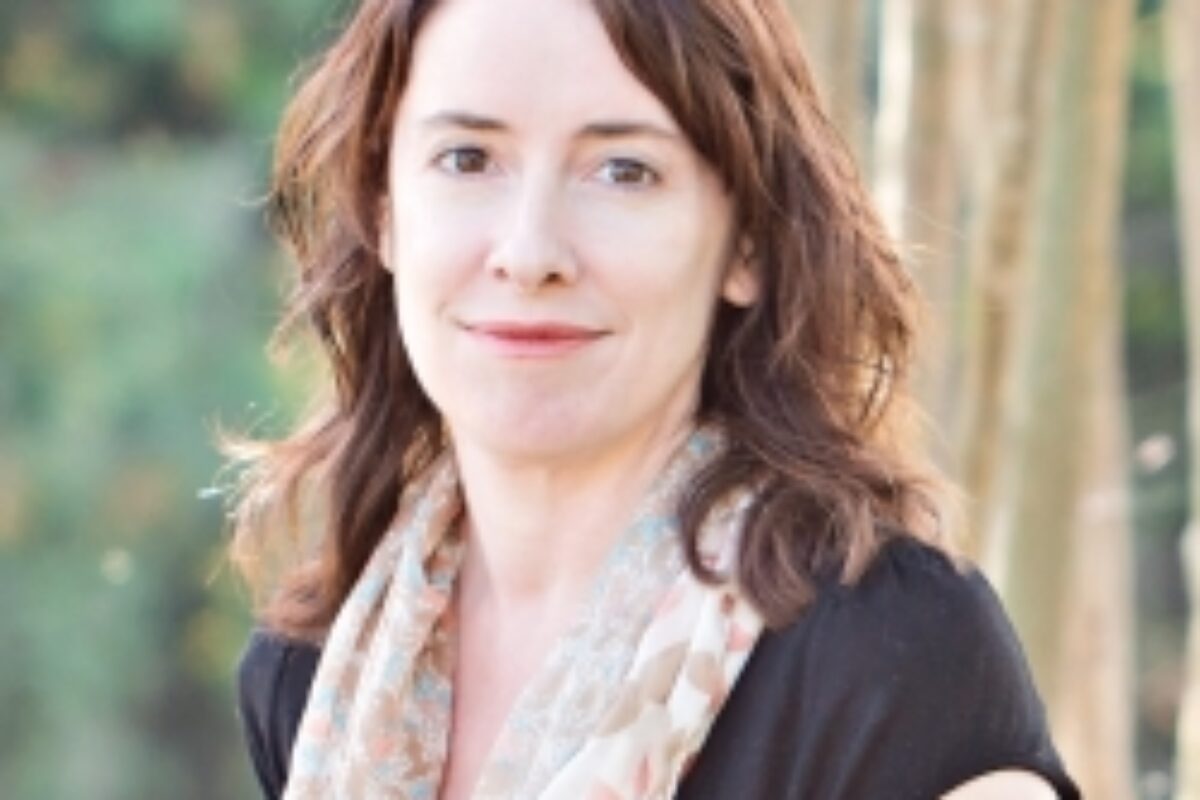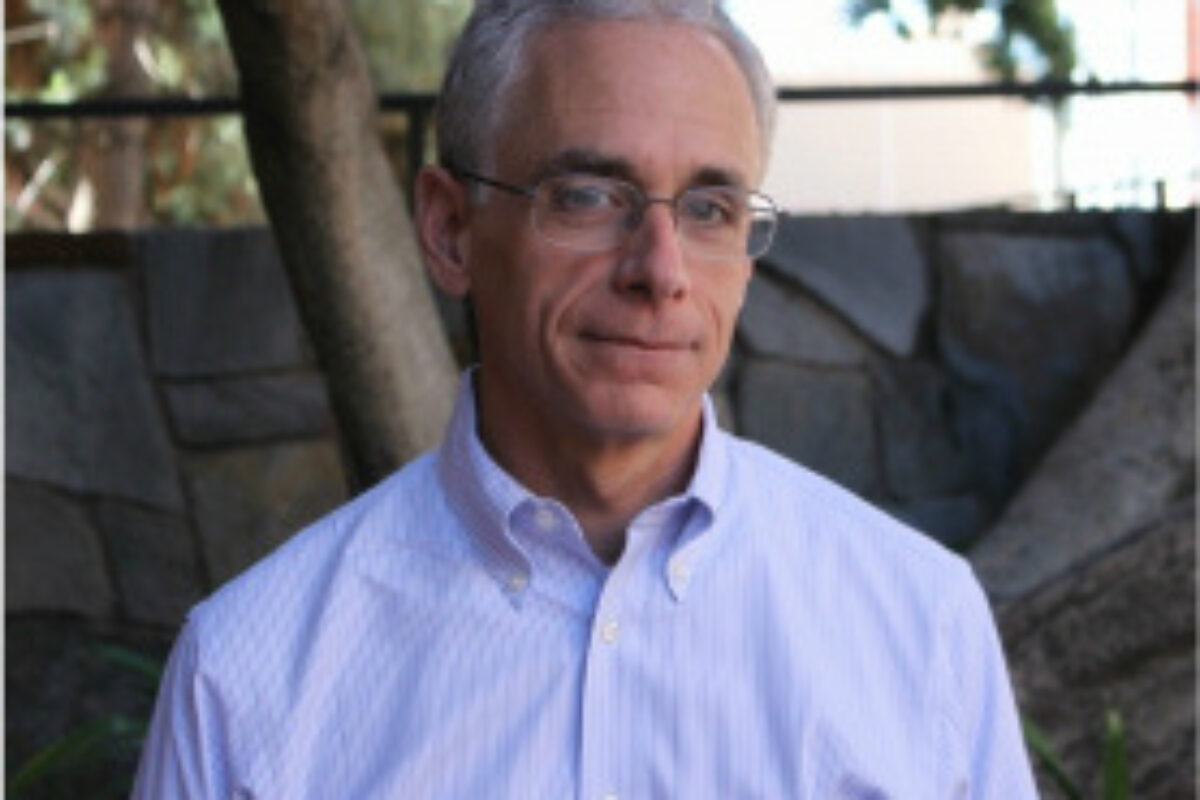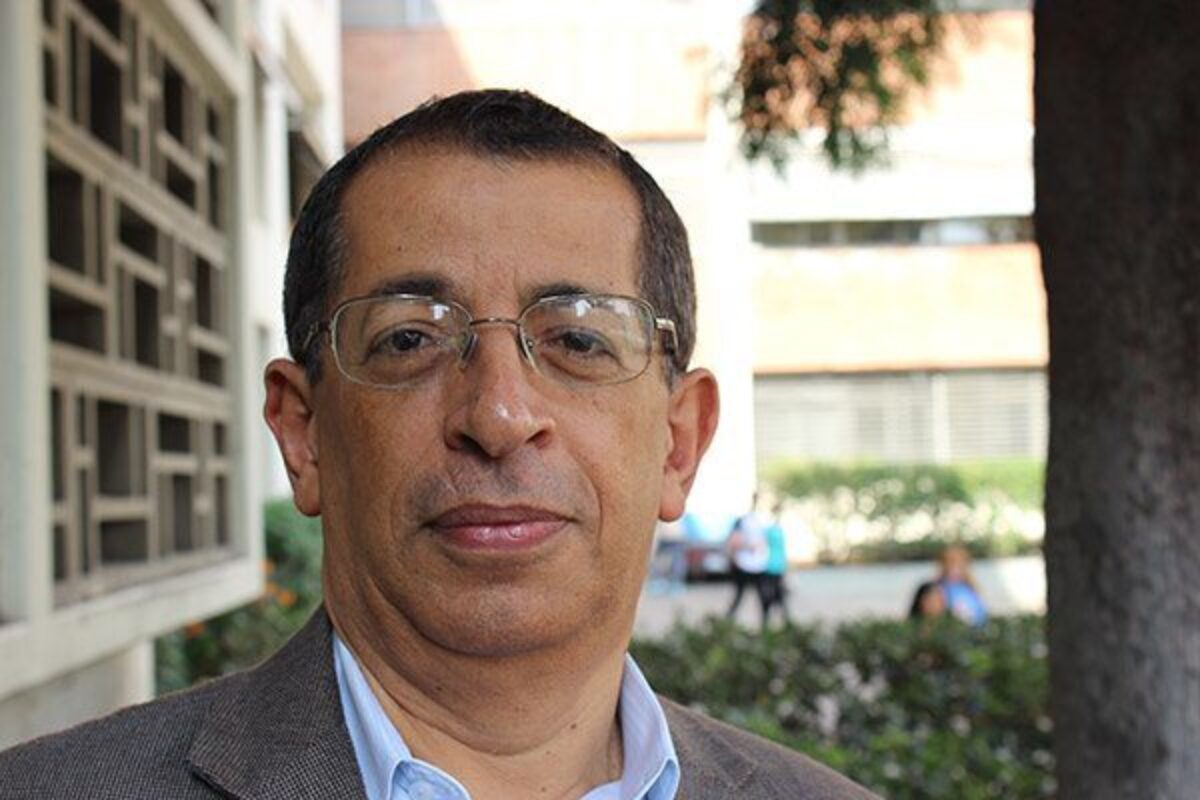Christine Samuel-Nakamura worked for multiple years in several Indian Health Service (IHS) and tribal hospitals/clinics as a nationally board certified Family Nurse Practitioner (FNP). A portion of her clinical work focused on chronic health conditions such as diabetes, renal failure, autoimmune disorders, and cancer. Her clinical work with these chronic health conditions led her to contemplate whether there is a connection between these chronic conditions and the community environment. These hypotheses ultimately led to her research question and work examining environmental contamination from U and other heavy metals. Dr. Samuel-Nakamura received her doctorate from UCLA and her dissertation study focused on U and associated heavy metals in the food chain on the Diné (Navajo) reservation. Her postdoctoral work examined U and heavy metals in a common AI herbal tea plant. Before joining the UCLA SON, Dr. Samuel-Nakamura was a Lecturer in the UCLA Interdepartmental Program in American Indian Studies (IDP-AIS). She is a member of the Diné Nation.
The focus of the laboratory is to determine the reasons for differential mouse strain responses to chemical agents that cause birth defects (teratogens). One of the malformations that has been induced by a wide variety of teratogens is postaxial forelimb ectrodactyly (absence of digits with the highest prevalence in the fifth digit then the fourth then the third, etc.) which occurs preferentially on the right limb as opposed to the left limb. This malformation has been produced in mice with acetazolamide, cadmium, carbon dioxide, dimethadione, diphenylhydantoin, ethanol, hyperthermia, retinoic acid (13-cis- and all-trans-) and valproic acid. These compounds include many documented human teratogens. In all cases where both the C57BL/6 and SWV mouse strains have been examined with these agents, the C57BL/6 strain is highly susceptible compared to the SWV strain. The goal of our experiments is to determine the reason for this consistent differential susceptibility. Alternatively, several teratogens have been examined in the same two strains for the ability to induce the neural tube defect exencephaly. For this malformation, the relative strain susceptibility is dependent on the specific teratogen. Thus, for some agents the C57BL/6 mouse is more susceptible and for other agents the SWV is more susceptible. Approaches that have been used to generate hypotheses regarding the cause of these strain differences include whole genome scanning followed by positional cloning, gene expression profiling, proteomic analysis, determining synexpression of limb development genes during the embryonic period following administration of the teratogen, and examining other malformations induced by the teratogens when administered at different gestational times that share the same strain susceptibility. Ongoing experiments are designed to determine the reasons for the different strain responses.
Magali Delmas is a Professor of management at the University of California Los Angeles. Standing at the crossroads of policy and management, Magali Delmas’ research focuses on the various interactions between environmental policy and business strategy at the national and international level. She seeks to understand how environmental policies influences firms’ strategies and performance and in turn how firms help shape environmental policy. Magali Delmas’ current work includes the analysis of the effectiveness of firms’ voluntary actions to mitigate climate change. She is involved in several projects related to firms’ voluntary strategies to reduce greenhouse gases in the electric utility sector. She is also engaged in refining current methodologies to measure and communicate firm’s and products’ environmental performance. Previous to embarking on an academic career she worked at the European Commission as the economic advisor of the Director for Industry.
David Eisenman, MD, MSHS, is an associate professor at the David Geffen School of Medicine at UCLA and has a joint appointment at the UCLA Fielding School of Public Health where he directs the Center for Public Health and Disasters. Dr. Eisenman is also an Associate Natural Scientist at RAND. Dr. Eisenman lives and surfs in Marina del Rey, California.
Alex Hall’s research is focused on reducing uncertainties associated with global climate change and involves a global perspective on earth’s climate. The overarching goal of his global climate research is to determine what controls the climate’s sensitivity to external forcing. His work also focuses on developing regional earth system models and studying the climate from a regional perspective to lay the groundwork for an understanding of climate change at scales most relevant to people and ecosystems.
I specialise in global reproductive, perinatal and child health, including birth outcomes, neurodevelopment, autism, cognition, and asthma. My work emphasizes the life-course approach, focusing on the early life period as it sets the stage for life long health. My research involves large population studies to examine linkages between prenatal and early life environmental, lifestyle and community factors, and reproductive, childhood and population health. My current research takes place internationally and in California. The overarching aim of my work is creating population based evidence that can impact policies and translate into community based prevention.
I joined UCLA in 2009 and am an Associate Adjunct Professor of Epidemiology and a member of the Jonsson Comprehensive Cancer Center. Prior to coming to UCLA I completed a postdoctoral fellowship at the International Agency for Research on Cancer, an agency of the World Health Organization. I am a member of the Childhood Leukemia International Consortium, the Children’s Oncology Group, and the Brain Tumor Epidemiology Consortium.
Recent Publications
Prenatal pesticide exposure and childhood leukemia- A California statewide case-control study.
Park AS, Ritz B, Yu F, Cockburn M, Heck JE. International journal of hygiene and environmental health. (2020) May 1;226:113486.
Spina bifida and pediatric cancers
Heck JE, Lee PC, Wu CK, Li CY, He D, Federman N, Yu F, Olsen J, Ritz B, Arah OA, Hansen J. Pediatric Hematology and Oncology. 2020 Apr 29:1-7.
Gestational risk factors and childhood cancers: a cohort study in Taiwan.
Heck JE, Lee PC, Wu CK, Tsai HY, Ritz B, Arah OA, Li CY. International Journal of Cancer. (2020) Feb 5.
Timothy Malloy teaches Environmental Aspects of Business Transactions, Regulatory Lawyering, Regulation of the Business Firm, Environmental Policy and Politics, and Contracts. With Dr. John Froines of the School of Public Health, Malloy is Faculty Director of the interdisciplinary UCLA Sustainable Technology and Policy Program. After receiving his law degree, Professor Malloy clerked for Judge Donald W. VanArtsdalen of the U.S. District Court for the Eastern District of Pennsylvania. He joined the UCLA faculty in 1998, after spending a combined 11 years in practice at private firms and at the United States Environmental Protection Agency, Region III. Professor Malloy’s research interests focus on environmental, chemical and nanotechnology policy, regulatory policy, and organizational theory and decision analysis, with particular emphasis on the relationship between regulatory design and implementation and the structure of business organizations. In addition, he has worked and written extensively in the area of risk governance and prevention-based regulation, melding together his academic interests with his work in the Sustainable Technology Policy Program.

